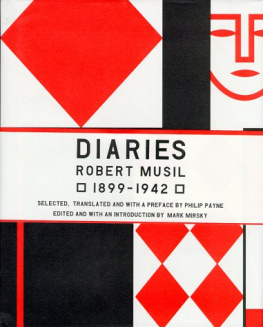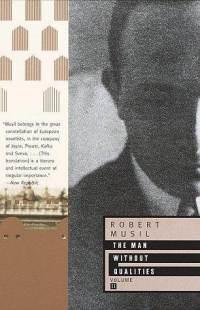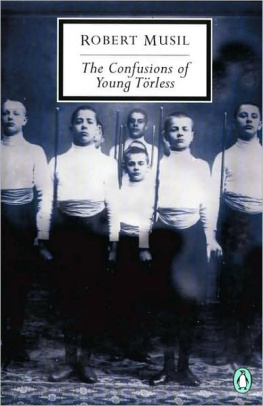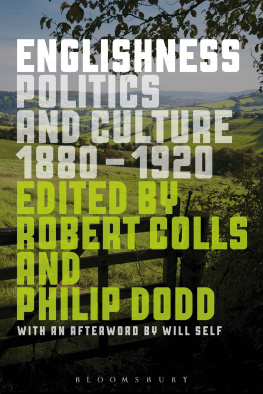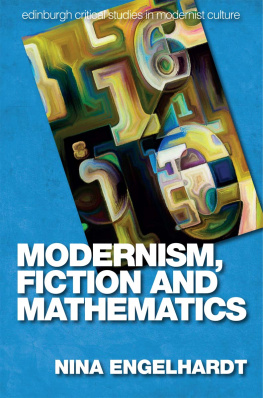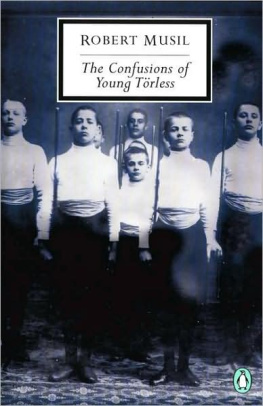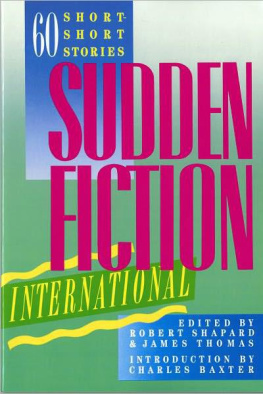
Five Women
Robert Musil
Translated by Eithne Wilkins and Ernst Kaiser
Preface by Frank Kermode
If you admire Ulysses you will almost certainly know Dubliners and The Portrait; your general impression of Thomas Mann probably derives not only from The Magic Mountain and Doctor Faustus but also from Death in Venice. But if you do not read German and yet are conscious of the value of Musil's vast novel, The Man Without Qualities, you have been until the publication of this book deprived of access to stories which are just as closely related to that book as the earlier works of Joyce and Mann to their masterpieces.
Robert Musil is still the least read of the great twentieth- century novelists, at any rate in the English-speaking countries, but this neglect can hardly last much longer; and when it becomes the custom to read and value him it will seem surprising to nobody that one speaks of him as belonging to the same class as Joyce and Mann. Most of his unfinished novel is now translated; his first book, Young Trless, is also available in English. He wrote two important plays, and these still have to be read in German; but the most urgent need was for a version of these five stories, and that has been most happily supplied by Eithne Wilkins and Ernst Kaiser, whose skill as translators is matched only by their immense and unique knowledge of their chosen author. They have made it possible for us to reach a fuller understanding of a rich and difficult master.
Musil was an Austrian, with some Czech in his ancestry. He was born in Klagenfurt in November 1880, to an engineering professor who could paint and a musically gifted mother. His school days were spent in military academies, formidable institutions of the kind described in Young Trless. At sixteen he abandoned the Army and studied engineering at Brno; but quite soon after graduating he gave that up, too, and went to the University of Berlin for courses in philosophy and psychology. Before he took his doctorate in 1908 he had published Young Trless (1906) ; and although he was a successful philosopher, and might equally well have been a successful engineer or indeed a successful soldier, this remarkable first novel decided the issue, and he chose a literary career. Having to combine original writing with other workespecially after his marriage in 1910he was first a librarian and then a newspaper editor. In 1911 he published a small book called Unions, containing the stories here translated as "The Perfecting of a Love" and "The Temptation of Quiet Veronica." From 1914 he served in the Austrian Army, both at the front and as editor of an Army newspaper. When the war ended he worked as press liaison officer at the Foreign Ministry and then as scientific adviser to the War Ministry. These assignments no doubt provided plenty of material for The Man Without Qualities, which contains, among so much else, a good deal of satire on bureaucrats. In 1922 he abandoned all other employment and became a freelance writer. This did not prove easy; in 1934 a group of friends formed a society to support him while he worked at the great, perhaps unfinishable novel. But before that he had produced, along with much journalism and two plays, the stories which came out in 1924 as Three Women and are the first three of the present volume. Musil fled Austria when the Nazis took over in 1938 and lived in Switzerland, working at The Man Without Qualities, until his death in 1942.
The Man Without Qualities is unlike the other great novels of its period in about everything except its stature. Ironical, deeply serious, acute and extravagant, extremely personal and yet nowhereon the surface at any rateobscure, it is a work of fantastic intelligence, of pervasive eroticism, of completely original mysticism. It cannot be described in a paragraph, but it is an experience which no one who cares for modern literature should be without. He may be exasperated but he must see that this book, unfinished, extravagant, tiresome as it is, is the real thing. And the earlier stories will help him to do so.
Three Women ("Grigia," "The Lady from Portugal," "Tonka") was published in the middle of a great literary period and stands comparison with its contemporaries. Unions, thirteen years earlier, has rather more the character of the fin de sicle (as indeed may be said of Death in Venice), but Musil valued it highly, perhaps because it contains, in a different blend and without irony, the same constituentsa nervous obliquity, a mystique of the erotic, a deep interest in the borders of the human mind, those uneasy frontiers with the human body and with inhuman realitythat go to the making of The Man Without Qualities.
Musil's is notoriously a world in political collapse, the end of a great empire; but more central to his poetic writing (at times he makes one think of a prose Rilke) is the sense of a world in metaphysical collapse, a universe of hideously heaped contingency, in which there are nonetheless transcendent human powers. These he represents always by the same complex and various image of eroticism, which reaches its fullest expression in the big novel. The Man Without Qualities has among its themes nymphomania, incest and sex murder, not at all for their prurient interest but as indices of the reaches of consciousness. Moosbrugger, the murderer, thinks, when he is not killing, that he is by his personal effort holding together the world; the story of the love between Ulrich, the book's hero, and his sister was, according to Musil, to take us to the "farthest limits of the possible and unnatural, even of the repulsive"; and yet if one theme can be called central in The Man Without Qualities it is this one, and nobody could think Musil anything but overwhelmingly serious in his treatment of it. Erotic ecstasy is beyond good and evil ("all moral propositions refer to a sort of dream condition that's long ago taken wing") and exemplifies the power of our consciousness to cross the borderline formerly protected by what are now the obsolete fortresses of traditional ethics and metaphysics.
Throughout his career Musil explored this borderline. He kept a notebook on medieval mysticism and labeled it "Borderline Experiences." It interested him that the mystic, speaking of his incommunicable experience of God, will usually do so by analogies with erotic pleasure. Ulrich, a considerable authority on love-making, decides that the transformation of a sane man into a frothing lunatic by the pleasures of the bed is only "a special case of something far more general"namely, our ability to undergo a quasi-erotic metamorphosis of consciousness which gives us what is in effect a second state of consciousness interpolated into the ordinary one. Like E. M. Forster, whose greatest novel, A Passage to India, came out in the same year as Three Women, Musil believed that the heightening of consciousness which makes possible the order and the perceptions of good fiction has something in common with erotic feeling; and meaningless contingency is the enemy of novels as well as love. For Musil the two metamorphoses of consciousness art and loveran together, and the sheer polymorphousness of the erotic was the subject as well as the analogue of his fiction.
To some extent this was already the case in YoungTrless, and it is altogether so in the stories here translated. All have erotic themes, and most are concerned with female eroticism and with love as a means to some kind of knowledge. Here, as in the later novel, love is extremely various and free of the considerations of parochial ethics. In "Quiet Veronica" it is bestial, in "The Perfecting of a Love" it is profligate. "Grigia" and "Tonka" are variants of the medieval
Next page

